Application
Quantum Reservoir Computing for Machine Learning
Complex Quantum Systems
Group Description:
The group led by Roberta Zambrini at IFISC (joint institute UIB-CSIC) studies complex quantum systems and emerging phenomena in analogue applications. One of its main research lines is “quantum reservoir computing,” a neuromorphic machine learning paradigm recently proposed for the study of time series. “Reservoir computing” (classical) is a computing mechanism studied in the last two decades in which a complex system is trained to produce a response according to the training data. This methodology can be implemented with neural networks (providing advantages in training) as well as in complex physical systems of different nature (also of interest in “edge computing”). The Complex Quantum Systems group has pioneered exploring this method’s potential in quantum architectures. The group also studies other applications of interest in quantum technologies such as associative memories and variational methods, collective phenomena, information, and quantum thermodynamics.
Activity description:
The group’s activities focus on the Quantum Reservoir Computing (QRC) lines, associative memories, neural networks, and quantum thermodynamics. The objectives of the activity in this proposal focus on QRC and include:
- Assessment of QRC implementations in various physical systems, such as qubits in quantum computers, photonic networks, or systems of atoms or molecules.
- Analysis of the advantages of each platform, studying the impact of measurement and other implementation aspects on different tasks.
- Comparison with classical RC methods, seeking quantum advantages in studying classical or quantum data, particularly in data organized as time series.
Results
Coming Soon




